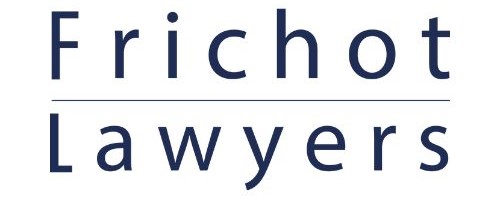Western Australia (‘WA’) has the highest road fatality rate in Australia. As we emerge from isolation and return to the roads, it is unsurprising that dreadful reports of fatal transport accidents are again prevalent in the news.
Transport accidents are an avoidable loss of life and cost to the community, yet they remain to be one of the leading causes of premature mortality in Australia.
I have helped many families over the years achieve compensation following the sudden and unexpected death of a loved one as the result of such accidents, and have observed the devastation caused.
Those who are left behind face the huge challenge of coming to terms with their loss. In such situations, the law makes special provision to protect the interests of families andloved ones.
FATAL ACCIDENTS ACT 1959
While no amount of financial recompense will ever suffice, when a loved one dies due to an accident caused by another person’s negligence, those who were dependant on the deceased can make a claim pursuant to the Fatal Accidents Act WA 1959 (‘FAA’).
Pursuant to the FAA, compensation can be awarded to those who were dependent upon the deceased. A common example of such a claim is where a deceased husband and father provided for his wife and children and as a result of his death, the dependants (his wife and children) are able to make a claim. However, given the diversity of contemporary families, the class of relative who may satisfy the requirements of the ‘FAA’ is broad. There are many special situations which require a careful and detailed analysis of the family situation.
Claims pursuant to the ‘FAA’ are made up of:
- any medical expenses of the deceased, relating to the injury which caused death;
- funeral expenses;
- loss of financial support, being the proportion of the deceased’s income which the
dependents received, and would have continued to receive into the future; and - loss of additional services which the deceased performed for the dependents.
Examples of loss of additional services may include domestic chores, DIY, gardening, time caring for and supporting children, outings etc. Those who were dependent may be able to claim for the cost of replacing those services.
In making an award for compensation pursuant to the ‘FAA’, a court will consider many things, for example:
- the size of the lost income, taking into account the deceased’s earnings prior to death
and likelihood of earnings into the future; - the extent of the services provided, taking into account any special skills of the
deceased or circumstances; - the age of the deceased at the date of death and the age of the dependents;
- pre-existing conditions which may have reduced the life expectancy of the deceased or of any of the dependents;
- how long the deceased would have continued to provide the financial benefit and services to the dependents; and when any of the dependants, especially children, would have become self-sufficient in any event, before the deceased’s life expectancy, taking into account for example, plans to study etc.
It should be noted that only one claim can be brought under the ‘FAA’, on behalf of all dependents of the deceased. The award will then be apportioned between the dependents. Where children are involved, any apportionment allocated to them must be approved by the Court and subsequently paid into a trust fund, appointed by the Court. There are important time limits in relation to bringing such claims.
The law surrounding Fatal Accident claims is often very complex, and preparation and presentation of such claims may necessitate an expert and tailored approach. If you have been recently affected by the loss of a family member or loved one due to a transport accident, you may benefit from seeking legal advice on your potential compensation
claim
By Dawn Williams, Senior Associate, Frichot Lawyers.
* For a free, no obligation consultation with Dawn, to discuss your claim please call Frichot Lawyers on 08 9335 9877.

